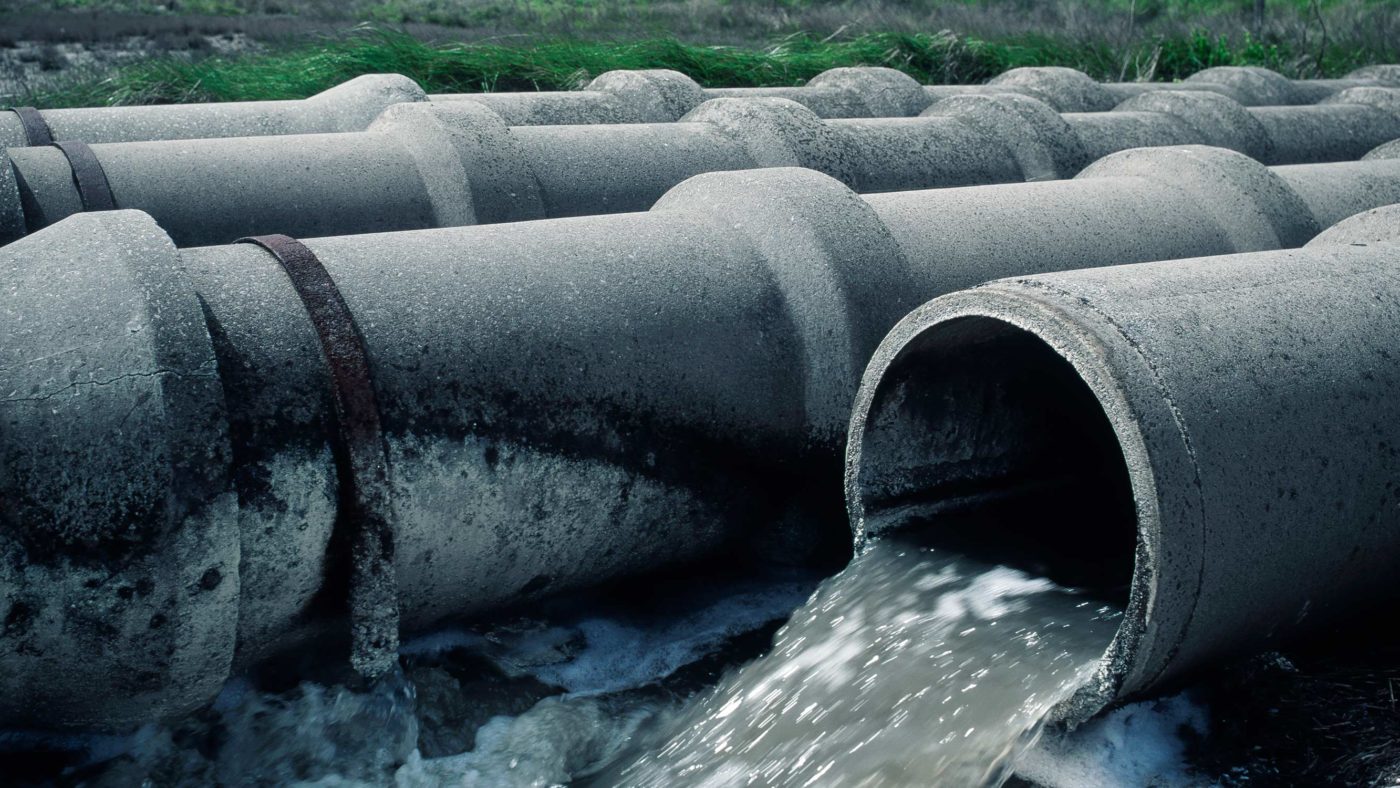If you’ve spent any time on social media in the last week or so you’ve probably seen complaints about ‘Tory MPS voting to pour sewage in our rivers’. As someone who is passionate about the environment, I couldn’t believe that politicians would vote to do this and was about to call my MP to complain, Fortunately, I restrained myself and decided to look into the actual legislation and parliamentary debates first.
What I discovered disgusted me even more. Far from voting to dump sewage, MPs have actually been doing the very opposite. The legislation that has stirred up the Twitter hornets’ nest is the Environment Bill, which hasn’t even finished its passage through Parliament yet. Far from being a license to pollute, the bill tightens up of a lot of environmental regulation, including the Water Industry Act 1991 (Sewage Services) on Storm Overflows, which is the bit of the legislation that has got the clicktivists so incensed.
The real dirt of the story is that fake news websites are deliberately deceiving the public by misreporting and misrepresenting what’s going on in Parliament.
The Environment Bill
To go back to the beginning, in 2020 the Government introduced the Environment Bill, which has slowly been making its way through Parliament. Its slow progress is understandable given the limitations of the pandemic and the wide scope of the bill, which ranges from air pollution to biodiversity, as well as the issue of water quality that is causing such controversy. While it passed its third reading in the Commons in May, it has been held up in the Lords, where peers proposed a number of amendments, including Amendment 45 on Storm Overflows. It is due back in the Lords tomorrow afternoon.
But you wouldn’t have seen much of that nuance in an article on the hard-left website Evolve Politics dramatically titled: ‘Here’s a list of every MP who just voted to ALLOW water companies to continue dumping RAW SEWAGE in our rivers’. The article claims that MPs had ‘voted down’ Lords Amendment 45 to the Environment Bill – which is a line also being pushed by a number of other websites. It is, however, rather more complicated than that.
So what’s really going on? To get an answer on anything in British politics without spin, the best place to look is Hansard, the official record of all parliamentary votes and debates. The latest update of the legislation records that, contrary to the claims by Evolve Politics, ‘the Commons agrees with the Lords in their Amendment 45 and propose Amendment 45A as an amendment thereto’.
What the Commons has actually done is not ‘vote down’ the amendment, but taken out a small section, in lines 7-14. Why would the Government do such a thing?
That was the question asked by Green Party MP Caroline Lucas, who wanted to know why ministers had ‘taken out some of the teeth of this amendment’. Some Tory MPs were quite forceful in demanding immediate action, including Sir Oliver Heald, who asked Environment Minister Rebecca Pow if she would ‘consider whether it is possible to have a more tightly drawn, concise and effective duty on water companies?’.
The real issue here is practicalities, namely setting specific timetables when there is no real data on the costs, and how to spread these costs between companies, customers and taxpayers. As one campaign group noted, the provisions in the Lords amendment were ‘not particularly well drafted and were likely to go unenforced’.
And Pow’s response underlined just how costly these measures could end up being.
‘As an approximate estimate, to get rid of or eliminate storm sewage overflows would cost between – these are very wide figures – £150 billion and £660 billion. One must consider the cost of bills, because there will be an impact on those.’
Looking at those figures underlines the nub of the issue. We all want something done, but the questions of who will pay, how much and when need to be defined first. And it also makes sense to look at how to best implement all this. Much of our sewage system dates back to the Victorian era and we can’t just shut it down or replace it overnight. Nor do we want to burden rate payers with a price shock they can’t afford.
Nor is the Environment Bill the be-all-and-end-all here. The Government has plans, including a policy statement to the water regulator OFWAT to ‘incentivise water companies to significantly reduce the frequency and volume of sewage discharges from storm overflows’. Some MPs in the Portsmouth area have already begun discussions with the local water company to see how this can best be implemented.
Last but not least, it is also important to note that the bill places a new obligation on government to present the costs and benefits of actions to reduce storm overflows in a report. It is awaiting results from an inquiry by the Storm Water Taskforce, which should give us a much clearer picture on this. If the bill was too specific in its wording before that data is presented, the Government would place itself in breach of the bill before it is enacted.
Not that you would see any of that inconveniently nuanced detail in some of the reporting or celebrity tweets about what the dastardly Tories are supposedly up to. If nothing else, this week’s sewage controversy is a salutary reminder to look beyond the headlines before pushing the outrage button.
Click here to subscribe to our daily briefing – the best pieces from CapX and across the web.
CapX depends on the generosity of its readers. If you value what we do, please consider making a donation.


